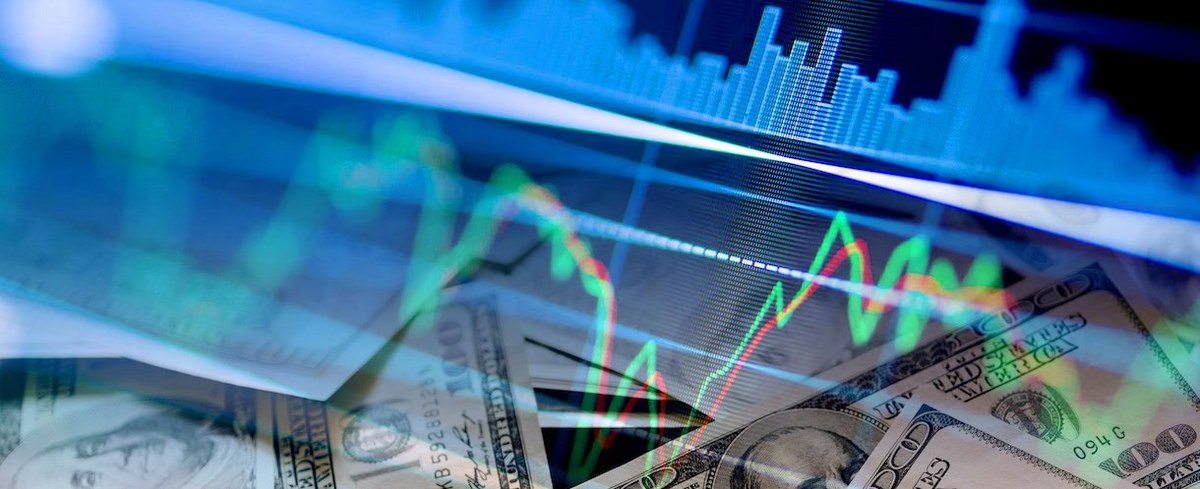A majority of Americans say the U.S. economy is getting worse. What that means, however, is more complex. These statements on the direction of the entire economy often match up with how Americans say their own finances are changing — and can be related to non-economic factors such as political affiliation..
While 58% of U.S. adult citizens say the entire economy is getting worse, that includes 82% of those Americans who say their own finances are worse off than a year ago, 40% of those who say they're doing about the same, and 26% of those who say their finances are doing better.
Overall most Americans say their personal finances are either worse off (46%) or about the same (38%) as a year ago. Only 10% say they're doing better than last year.
But how Americans describe their personal finances in polls may reflect more than just income and expenses. While people with higher incomes and more education are a little bit likelier to say their finances are doing better, the connection with political identity is much stronger. When a Democrat is president, Republicans are more likely to say their finances are getting worse, and Democrats to say their finances are getting better. But when a Republican is president, those numbers reverse.
Right now 6% of Republicans say they're doing better off financially today compared to last year, against 64% who say they're worse off. Among Democrats, 15% say they're better off against 29% who say they're worse off.
At this time four years ago, when the president was Republican Donald Trump, 42% of Republicans said their finances were improving compared to just 6% saying they were worse, while among 2019 Democrats, "worse off" outnumbered "better off" 31% to 14%.
— Carl Bialik contributed to this article
See the toplines and crosstabs from the Economist/YouGov poll conducted on October 28 - 31, 2023 among 1,500 U.S. adult citizens.
Methodology: Respondents were selected from YouGov’s opt-in panel using sample matching. A random sample (stratified by gender, age, race, education, geographic region, and voter registration) was selected from the 2019 American Community Survey. The sample was weighted according to gender, age, race, education, 2020 election turnout and presidential vote, baseline party identification, and current voter registration status. Demographic weighting targets come from the 2019 American Community Survey. Baseline party identification is the respondent’s most recent answer given prior to November 1, 2022, and is weighted to the estimated distribution at that time (33% Democratic, 31% Republican). The margin of error for the overall sample is approximately 3%.
Image: Getty (Javier Ghersi)










